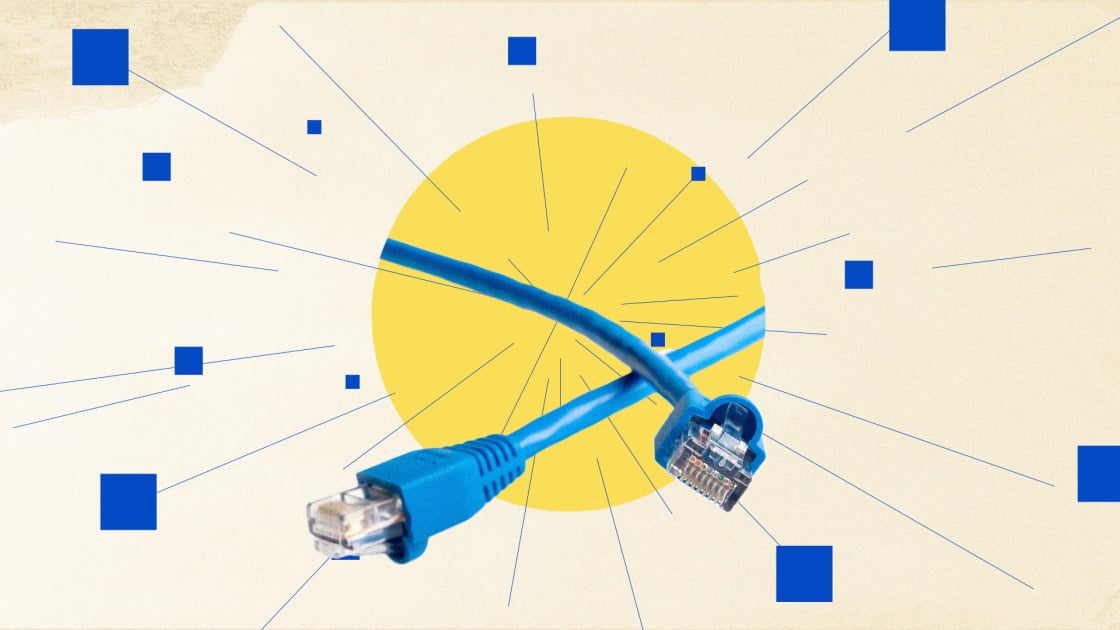fiber optic cable allows for much faster speeds than traditional copper wire connections. Fiber internet is becoming more widely available in urban and suburban areas, but rural areas may still be limited to slower DSL or satellite options.
When it comes to choosing the right internet speed for your household, consider how many devices will be connected at once, what activities you’ll be doing online, and how many people will be using the connection simultaneously. If you have a large family with multiple devices streaming video and playing online games at the same time, you’ll likely need a higher speed plan than a single person who just checks email and browses social media occasionally.
It’s also important to note that internet speeds can vary throughout the day depending on network congestion in your area. Peak usage times like evenings and weekends may result in slower speeds compared to off-peak times during the day.
while 100Mbps download speed is generally sufficient for most households, it’s always a good idea to consider your specific needs and usage habits when selecting an internet plan. Don’t pay for more speed than you actually need, but make sure you have enough bandwidth to support all of your online activities without experiencing frustrating lag or buffering.
calculation of how much internet speed you really need? Consider the number of devices in your household that will be connected to the internet at the same time. If you have multiple people streaming video, playing online games, or video conferencing simultaneously, you’ll need higher speeds to accommodate all that activity.
For example, a household with two adults working from home, a teenager streaming Netflix in HD, and a child playing online games may require at least 100Mbps download speed to ensure smooth and uninterrupted connectivity for everyone. If you have smart home devices like security cameras, thermostats, and voice assistants that also rely on your internet connection, factor those into your bandwidth needs as well.
Ultimately, the amount of internet speed you need depends on your usage habits and the number of connected devices in your household. It’s always better to have more bandwidth than you think you need to avoid frustrating slowdowns or buffering issues. Consider upgrading your plan if you find yourself frequently experiencing lag or slow speeds during peak usage times.
Remember that faster internet speeds not only provide a better online experience but also future-proof your connection for upcoming technologies and services that may require even more bandwidth. So when in doubt about how much speed is enough for your household, it’s usually safer to opt for higher speeds rather than risk being stuck with inadequate connectivity.
When it comes to determining how much internet speed you really need, there are a few factors to consider. One way to figure out the right number is by using a bandwidth calculator. BroadbandNow offers a tool that takes into account the number of devices in your household, your online activities like video conferencing and gaming, and your location to recommend a suitable service tier from providers.
Consumer Reports also has a bandwidth calculator that considers the specific devices in your home and what they are used for. By inputting information about all the devices in your household engaging in various activities such as streaming, browsing, gaming, and video conferencing, you can get an estimate of the required Mbps for optimal performance.
It’s important to note that if your internet connection feels slow or laggy, it may not necessarily be due to your ISP. Outdated network technology like an old router supporting obsolete Wi-Fi standards could be causing bottlenecks. Upgrading to the latest router model or Wi-Fi standard like Wi-Fi 7 could significantly improve performance. Additionally, unauthorized users leeching off your Wi-Fi network can also impact speeds.
To ensure you are getting the throughput you are paying for from your ISP, it’s recommended to periodically test your internet speed using tools like Ookla Speedtest. This will help you identify any discrepancies between the promised speed and actual performance.
determining how much internet speed you need depends on factors such as the number of devices in use, online activities performed, and network infrastructure. Using bandwidth calculators and conducting regular speed tests can help optimize your internet experience for seamless connectivity and smooth performance.
When it comes to choosing an internet plan, many people struggle with deciding how much internet speed they really need. The answer to this question can vary depending on individual usage habits and needs.
For basic activities such as web browsing, emailing, and video streaming in standard definition, a speed of around 10-25 Mbps is generally sufficient. However, for households with multiple users, smart devices, or a need for high-quality video streaming, a higher speed of 50-100 Mbps may be more appropriate.
Online gamers, remote workers, and those who regularly download large files may require speeds of 100 Mbps or more to ensure a smooth and reliable connection. It’s also important to consider the number of devices connected to the network and the potential for future growth in usage.
Ultimately, the best way to determine how much internet speed you need is to assess your typical online activities and consider the number of users and devices in your household. It’s always a good idea to consult with your internet service provider to discuss your options and find a plan that meets your specific needs.

